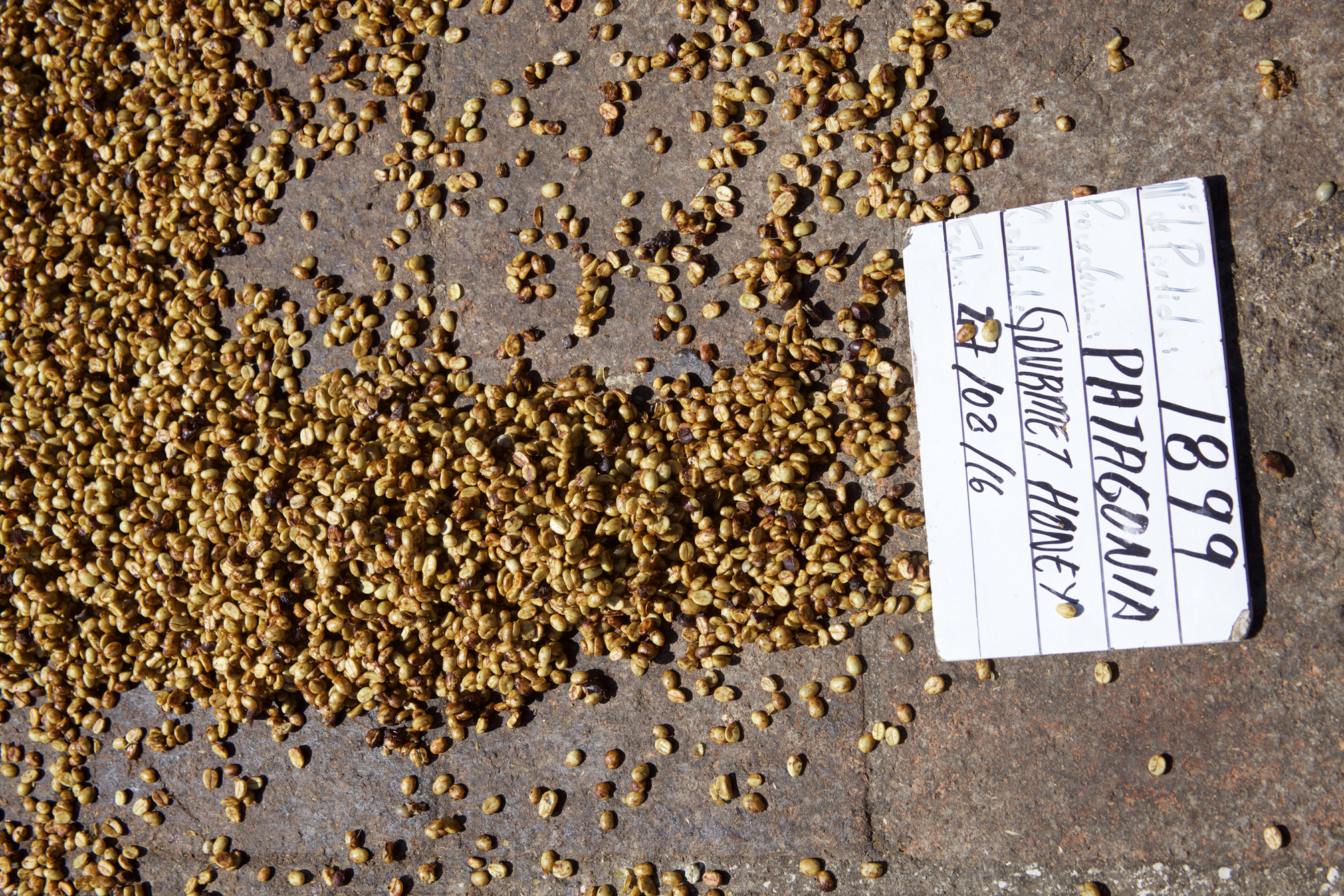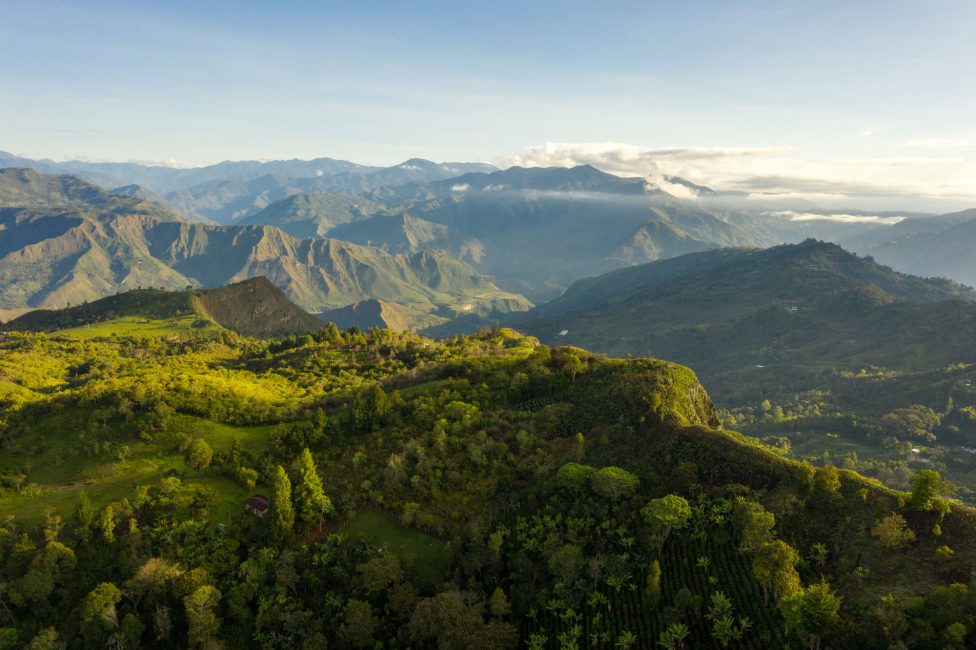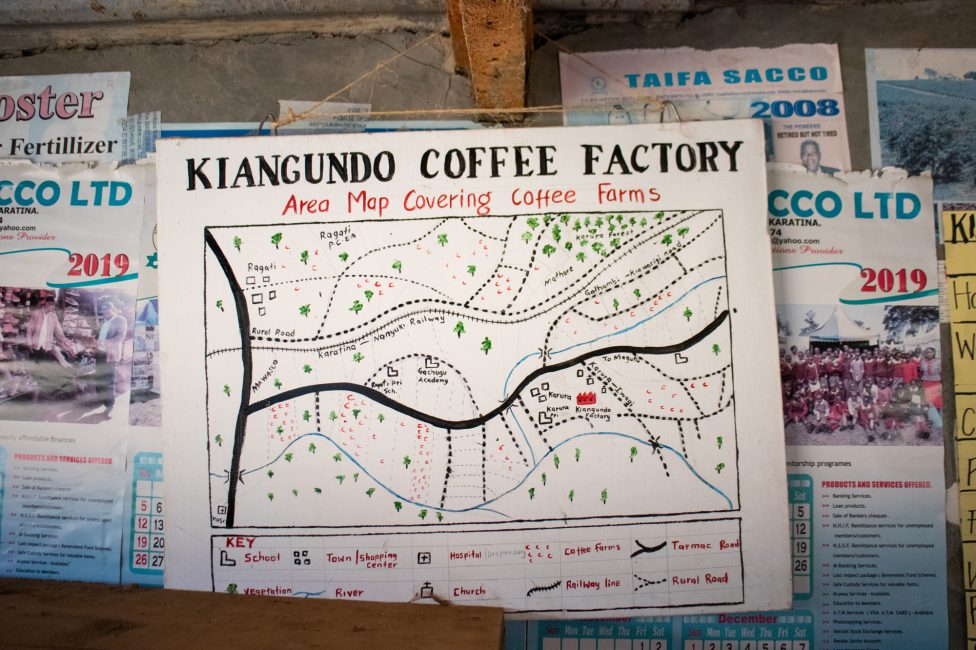Patagonia (Black Honey)
Chocolate, orange and spices, with winey acidity and notes of nectarine, dark chocolate, apricot and red fruit.
Finca Patagonia has been in Salinas family in the late 1800s and was one of El Salvador’s premier farms for many years. The farm was divided into three parts in the early 1980s when the original owners’ three children took over as the next generation, and the larger part of the farm was kept by the eldest son, Julio Salinas.
In March of 2013, Oscar and Christian Schaps decided to buy Finca Patagonia from Julio Salinas who was their uncle. The Schaps brothers are fourth generation coffee producers in Guatemala and owners of the well-known farm Finca Los Caballitos and Finca Santa Paula, and at the time they had been considering investing in El Salvador in order to pursue new challenges and expand their portfolio of coffees. Patagonia was a must for the Schaps brothers since this farm was their grandfather’s and they could not bear to see it go out of the family.
Patagonia is made up of 14 hectares of land. When the boys inherited the farm there were some coffee trees as well as plethora of fruit trees including oranges, avocados, some delicious baby avocados called Guara and lime. Christian has spent the last couple of years drastically overhauling the farm, removing a lot of the fruit trees and planting more coffees. Around 70% of the plantation is made up of Bourbon with remaining 30% made up of the Pacas variety.
The farm is located in the Ilotepec region which is known for its strong winds. Shade trees (including Ingas and Copal Chin) have been planted which act as wind breakers. The Pacas variety is also planted in the parts of the farm where the wind hits the hardest as this variety is more resistant to the wind than the Bourbon variety coffee plants.
Finca Patagonia produces from November to March. The Schaps brothers have kept many of the traditional practices of the region in their approach to farm management at Finca Patagonia (like the pruning of shade trees and coffee trees), but they have also implemented best practices from their farms in Guatemala to ensure the best quality and productivity from the farm. Through intensive soil and leaf analysis, a new program of pre- and post-flowering foliar fertilisers and soil fertiliser has been implemented. Another initiative has been to prune the shade trees twice a year instead of once; one after production to insure the best flowering and plant growth, and the second right before the picking season to ensure a well-balanced ripening of the cherries. Fungus control for diseases such as coffee leaf rust has been one of the biggest issues in this region and the brothers have brought in new products to make sure that this disease is controlled at the right time and in the most efficient way. The brothers have also applied new microorganisms and algae’s to the plantations to counter effect of fungicides and promote better growth of the roots and plant systems. They believe that a balance of organic and conventional practices make for the best cup of coffee and ensure a sustainable crop.
As Patagonia is a very small farm, the Schapp’s get all of their coffee processed with Fernando Alfaro from Finca El Carmen Estate. Fernando gives the boys the opportunity to mill their coffees with him and has allowed them to work together with his mill personnel to implement their own quality control procedures to ensure the very best quality and consistency is achieved.
We are very excited to share the 4th crop from Patagonia with you this year and can’t wait to see what is ahead from this farm! Only 6 bags were produced of this very special honey processed lot. We trust you’ll love it as much as we do!


